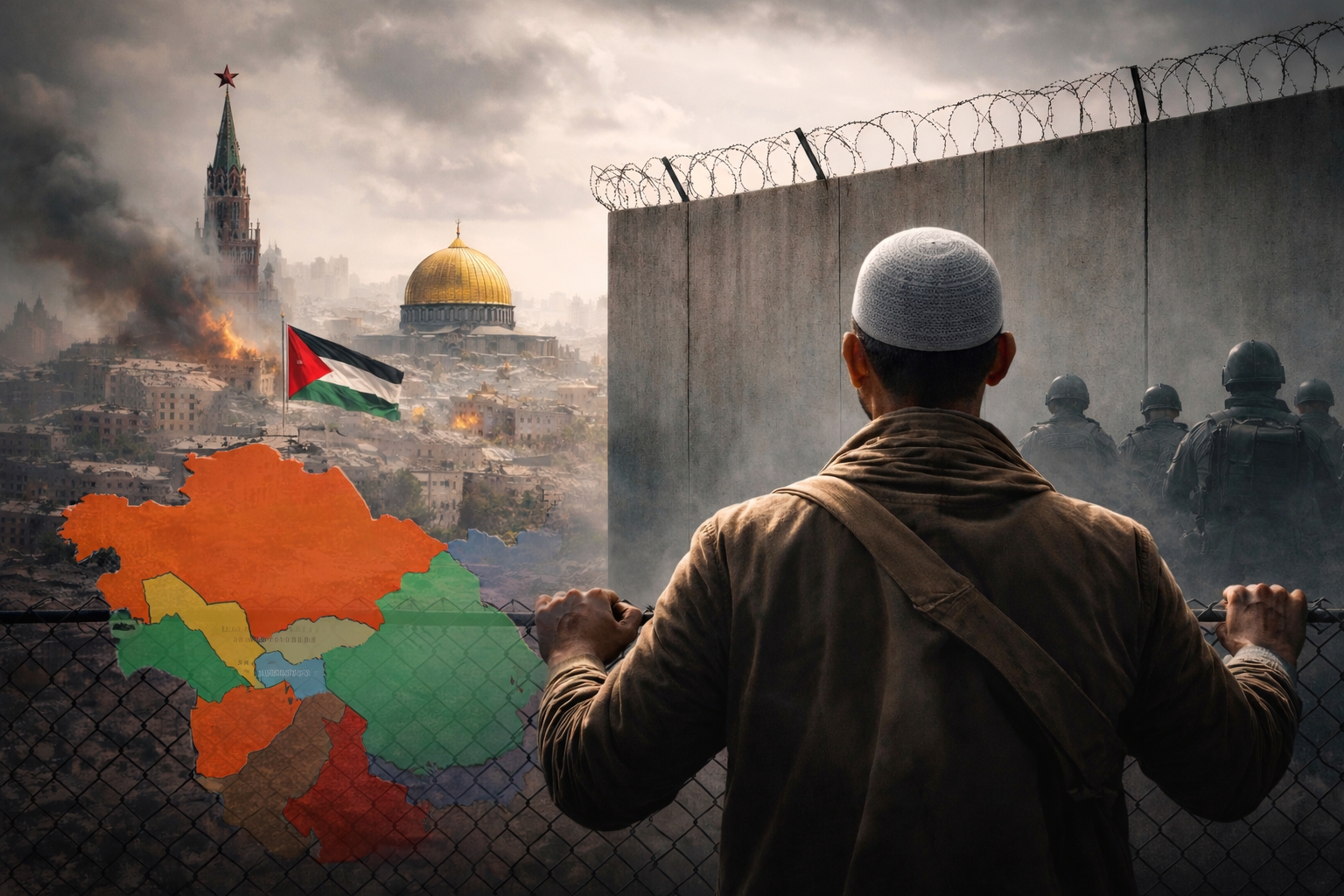How Russian migrants will change the post-Soviet region’s power dynamics
Ensuring Socio-economic JusticeCrescent International
Rabi' al-Awwal 12, 1444 2022-10-08
Daily News Analysis
With the increasing influx of migrants from Russia to countries of the former Soviet Union, the post-Soviet space is experiencing an unprecedented shift in power dynamics between Russia and other countries of the former USSR.
As the Kremlin’s war in Ukraine begins to affect the broader economic, political, and social situation in Russia, many Russian citizens are heading for the exit door.
The novelty of a sudden and unpredicted mass exodus of Russians to Central Asia and the Caucasus is rooted in socio-political factors.
Prior to the war, socio-political migration traffic was mostly in the other direction.
Socio-political activists and dissidents along with armies of economic refugees from Central Asia and the Caucasus always headed toward Russia.
Now, the tables have turned.
Most people leaving Russia today are those who do not view their government’s actions in Ukraine favorably.
In addition, there is a significant number of people leaving for economic reasons.
Some may even support Moscow’s attack on Ukraine but economic conditions have forced them to flee.
While the emerging reality might not seem so dramatic to outsiders, those familiar with Russian history and the structural institutional weaknesses in Central Asia and the Caucasus view the new reality as a geopolitical time bomb.
Throughout its history, the Russian political diaspora has been very active.
Whether pre-Bolshevik Revolution, post-Communist takeover or even during Nazi Germany’s harboring of anti-Soviet Russians, the Russian diaspora was always actively involved in socio-political affairs back home.
This reality is already re-emerging, especially in the age of social media and internet.
Many media and non-media related organizations opposed to the Russian government have already set up shop in some former Soviet countries and are openly challenging Vladimir Putin’s policy.
For the past two decades, Moscow backed Russian dependent autocratic regimes in Central Asia and the Caucasus generously fulfilled most of their requests to curtail or completely halt the activities of individuals and groups seeking change in those countries.
Now the flow of requests is about to change direction.
While it is unrealistic to expect that regimes in Central Asia and the Caucasus will refuse to comply with Moscow’s demands, the power dynamics have clearly shifted.
Prior to the Ukraine war, only Russia had internal economic and political leverages against the regimes in Central Asia and the Caucasus.
This is no longer the case.
While it is yet to be seen how and to what extent these regimes will use the new Russian diaspora as their own internal leverage, there is another factor which will complicate matters.
Government institutions in most post-Soviet countries lack sophistication.
Crackdown on the Russian diaspora can create internal headaches which they have not previously experienced and are unprepared to handle.
Taking into consideration that there is a completely new and unfamiliar power dynamic evolving in the region, radical action, the type which make up the typical playbook of regional regimes, can open a pandora’s box for regional and non-reginal actors.


